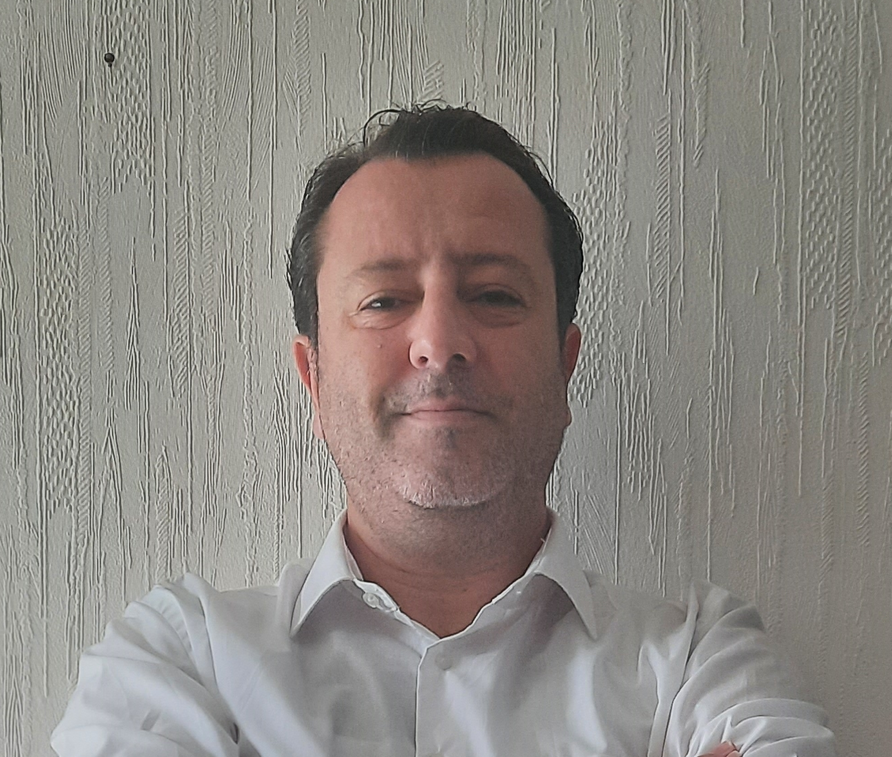Im folgenden Interview stellt sich Prof. Dr. Sezgin Ersoy selbst vor:
The introduction of myself:
I am Prof. Dr. Sezgin Ersoy, I work in the Mechatronics Engineering Department of Marmara University Faculty of Technology in Turkey and also as the Director of Ersoy Advanced Research in Mechatronics and Artificial Intelligence.
- https://avesis.marmara.edu.tr/sersoy
- https://avesis.marmara.edu.tr/researchteamsite/itag/groupmembers
What is 2219 Scholarship Programming
The Scientific and Technological Research Council of Turkey (TÜBİTAK) is the leading institution in the management, financing and conduct of research in Turkey. Every year, TUBITAK supports scientists who are successful in a certain number of research topics to continue their studies abroad. I am here within the scope of this support. The Institute of Mircotechnology, which has a very impressive scientific and technological infrastructure, is an institute where I can conduct advanced studies in this field.
Why Am I Here?
As part of my TUBITAK 2219 scholarship, I came to the Institut für Mikrotechnik (IMT) of the Technische Universität Braunschweig (TUBS) in Germany. This project provides support for 9 months. IMT has a proven academic staff in the field and research groups that this staff works with. With its advanced technology equipment, IMT is an attractive institution to work in. The study subject includes a sensor design that does not require any power supply. It is based on the principle of reading data through the changes that occur by monitoring the Surface Acoustic Waves that occur in response to physical impact.
IMT, which is managed by "Prof. Dr. Andreas Dietzel" and has excellent research facilities, is also willing to collaborate internationally. Continuing multinational studies, IMT has a working system that allows us to expand the boundaries of research. It is a pleasure to take part in a new one of the long-established cooperation between Turkey and Germany with this project. In addition to our project topic, there is ground for studies that will advance our area of cooperation.
What is the focus of our work?
In this research, it is aimed to model, analyze and produce micrometer-sized temperature-sensitive IDT structures using Direct Laser Writing-based 3D printing technique, a method that will be one of the firsts in this field. The structure of the sensor planned to be produced is produced using traditional lithography techniques. These traditional production methods require strict follow- ing of processes to achieve the exact same results and therefore take more time.
The method we propose is based on the use of a 3D printer to manufacture the sensor. As an unmanned, closed factory, the aim is to produce a production that requires relatively less effort and time. Therefore, in this method, which requires relatively less effort and time, production will be carried out with the Two-Photon Polymerization-based Direct Laser Writing technique.
The possible innovation of this work is the use of such a printer to produce a temperature-sensitive IDT structure from Lithium Niobate material on a substrate that has piezzo properties from nano size to micron size. This research is based on the production of very small sensors and a 3D printer with low cost and very little workload.

